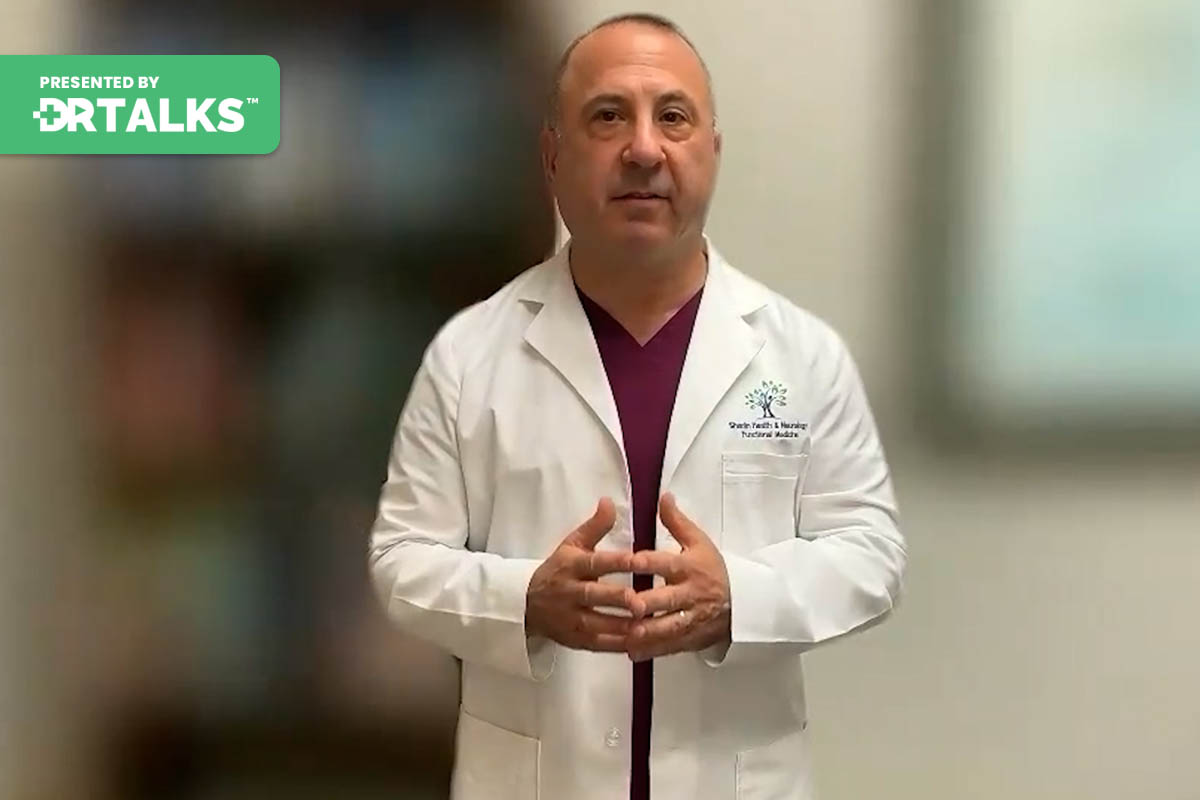Kenneth Sharlin, MD
Hi. I’m Dr. Ken Sharlin. Welcome to the Parkinson’s Solutions Summit. I’m going to talk with you just briefly about an important topic we’re going to cover in more detail in the summit. Let’s cover the role of diet and Parkinson’s disease. When it comes to diet we focus on what is called an anti-inflammatory diet. And this may have potential benefits for individuals with Parkinson’s disease, though, we could always benefit from more research to establish the specific attacks. Parkinson’s disease is a neurodegenerative disorder characterized by the loss of dopamine producing neurons in the brain. Inflammation is believed to play a major role in the progression of the disease. So an anti-inflammatory diet may be very important.
Here are some ways in which an anti-inflammatory diet may potentially impact Parkinson’s disease. Number one, reducing neuroinflammation. An anti-inflammatory diet, which typically includes foods rich in antioxidants, omega-three fatty acids, and polyphenols, may help reduce inflammation in the brain. Chronic inflammation is thought to contribute to the progression of Parkinson’s, so this could be a positive effect. Number two, improved gut health. Emerging research suggests a strong connection between gut health and Parkinson’s disease. An anti-inflammatory diet that promotes a healthy gut microbiome may indirectly benefit Parkinson’s patients by supporting overall well-being.
Number three is weight management. Some anti-inflammatory diets emphasize whole, unprocessed foods and portion control, which can aid in maintaining a healthy weight. Obesity has been associated with an increased risk of developing Parkinson’s, so weight management is important. Number four is cardiovascular health. Many anti-inflammatory diets also promote heart health, which is crucial because individuals with Parkinson’s may have a higher risk of cardiovascular issues. A diet that helps maintain a good heart can also be beneficial for your brain, and vice versa. It’s important to note that while there is a theoretical basis for these potential benefits, more research is needed to establish the direct impact of an anti-inflammatory diet on Parkinson’s progression or symptom management. Additionally, individual responses to dietary changes can vary, so what works for one person may not work the same way for another. Anyone considering making significant dietary changes, especially those with a medical condition like Parkinson’s disease, should consult with a healthcare professional or a registered dietitian. They can provide personalized guidance and ensure that any dietary changes align with the individual’s overall healthcare plan. I’m Dr. Ken Sharlin. I look forward to sharing more at the Parkinson’s Solutions Summit.











